Education is a Reproductive Health Issue.
Everyone -women, girls, men, boys– benefits from learning about their bodies, health, and rights. For women and girls, feeling in control of their health is especially important as the consequences of not knowing what care is available or where to get it can be incredibly dangerous. This is why UNFPA works to provide every person with comprehensive sexuality education, regardless of their socioeconomic status, sex, gender, sexual orientation, ability, or cultural or religious background.
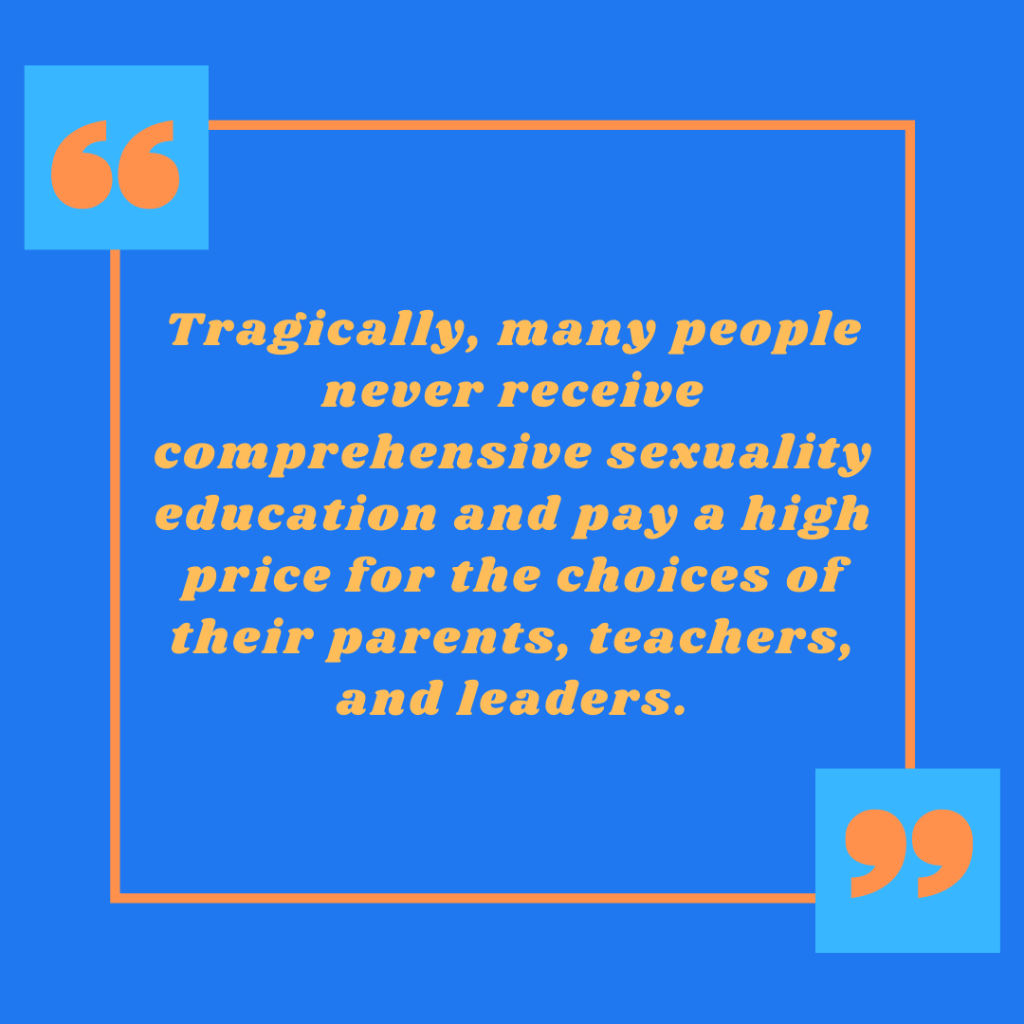
Tragically, many people never receive this information and pay a high price for the choices of their parents, teachers, and leaders. For example. girls who are unaware of or unable to access contraception may become pregnant. Some of those girls will die. Pregnancy and childbirth complications are the leading killer of girls aged 15-19 in the world.
Continue reading to learn about five women and girls who were able to pursue their education and take control of their reproductive health with support from UNFPA:
Lifting voices of resistance
Latty was 10 years-old when her mother explained to her why she had not undergone female genital mutilation (FGM). “She told me that one of the girls who had been cut the same day as her had experienced serious problems and died following a hemorrhage that no one had taken care of.”
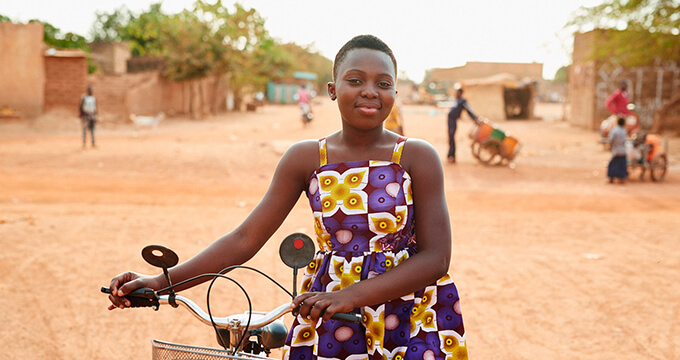
Luca Zordan for UNFPA
Since learning about her body and rights from her mother, Latty has been an outspoken activist against FGM. She even made a song, “Excision,” about ending FGM. It became popular in her home of Burkina Faso, where 76% of girls have been cut. Latty’s education and her choice to spread this information to others in her community has helped spark conversations about ending this human rights abuse and save girls’ lives.
Protecting women through economic empowerment
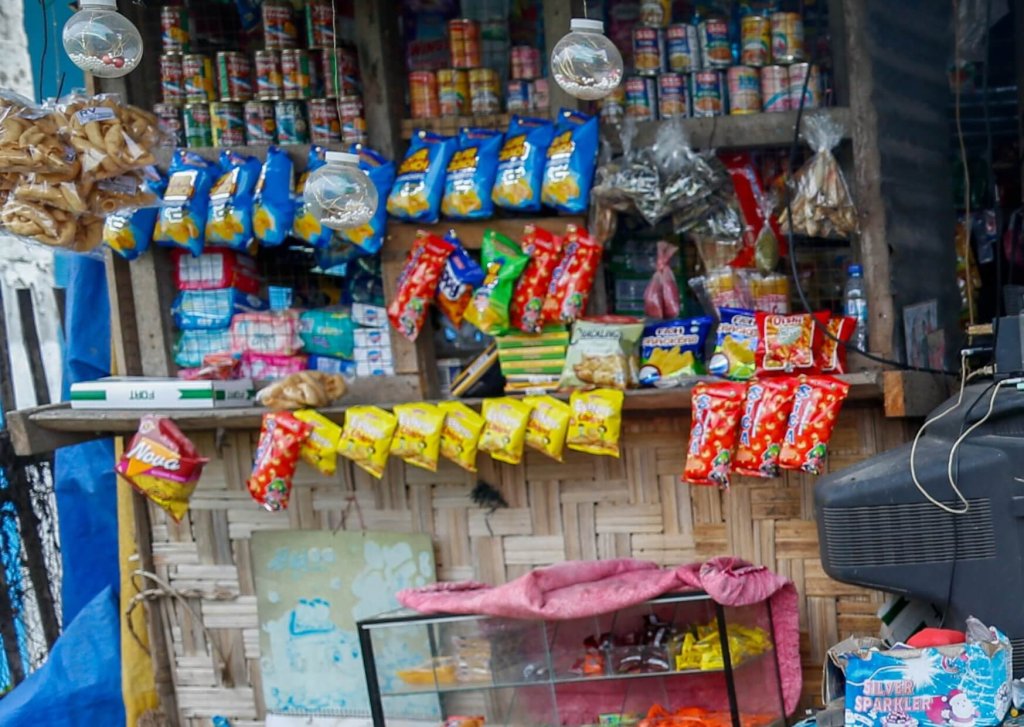
supplies and her heart with hope and confidence.
ⓒ UNFPA Philippines
Sarah is a single mother to two young boys in the Philippines. But not so long ago, she was in an abusive relationship with her husband. For six years, she endured verbal and emotional abuse. Sarah tried to make the relationship work for her children, but eventually, her husband left her for someone else. Without education or skills, Sarah felt alone and hopeless as she tried to piece her life back together.
She attended a UNFPA safe space where she learned about her sexual and reproductive health and rights. She also learned business management skills. Sarah became part of UNFPA’s Cash for Protection program, which provides women with about $200 USD to start their own businesses after they have left a violent relationship. Mariam Ali helps run the program and said that survivors like Sarah have, “…a sense of empowerment, ownership, and resilience. Of standing on her own two feet.” Today, Sarah’s education has allowed her take care of her reproductive health, provide for her family, and manage her own business.
Reaching teen moms with care and support
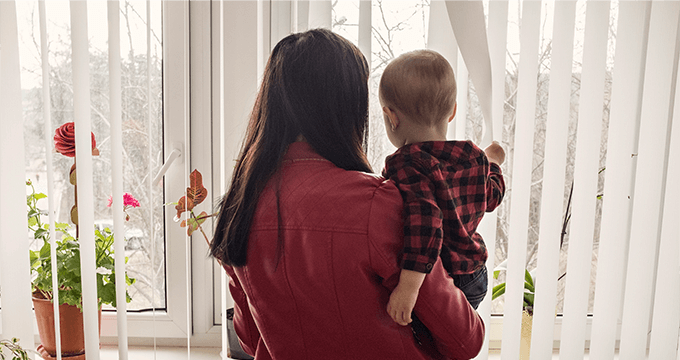
Iuliana grew up in a poor and rural area of Moldova. She was only 10 years old when she began working at a poultry plant to help support her family. She had little support or information on her sexual and reproductive health and rights. At 15, Iuliana found herself in an abusive relationship with a man four-years older than her. She felt unable to negotiate safe sex, because of the abuse, and became pregnant at 15.
Since becoming a mother, Iuliana has received a sexual and reproductive health education from a UNFPA clinic. She says that she loves her child, but said that “I did want to have a child, but later, when I would have been able to provide for my baby. I never thought I’d become a mother at 15.” Iuliana’s story shows how girls’ dreams for themselves and their future families can be disrupted when they don’t have access to the reproductive health resources they need.
Expanding access to family planning
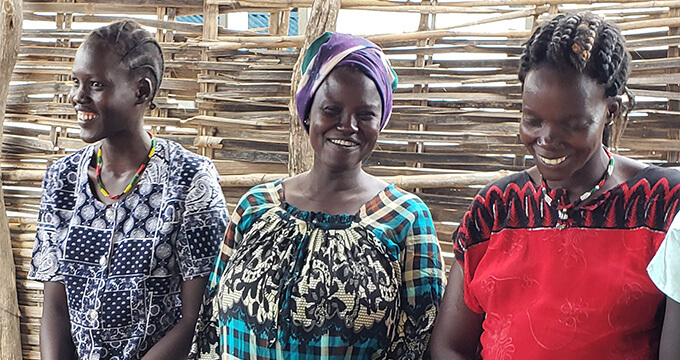
Arek lives with a disability from a childhood polio infection and is a mother to 7 children. She is exhausted and doesn’t want to have more children. She also wants to provide for the children she already has. However, Arek has heard that using contraception will make her disability worse. Luckily, during her last pregnancy, a UNFPA midwife provided her with prenatal care and information on family planning.
In Arek’s country of South Sudan, only 4% of girls go to high school. Arek, who had 8 siblings, was not one of them. As she says, “I would have wanted to finish college and become a doctor, but we did not have money.” UNFPA has been working in South Sudan to increase the number of midwives. The agency also expands access to comprehensive sexuality education, so women like Arek are able to make informed decisions about their reproductive health and futures for their entire adult lives.
Finding new ways to share information
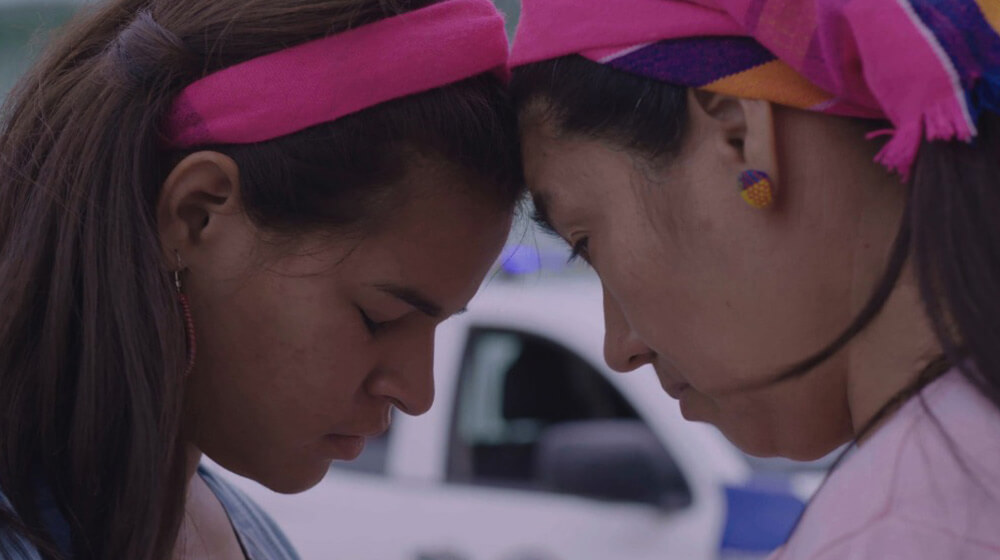
In Honduras, UNFPA worked with the government to produce a television series about the dangers of teenage pregnancy. The rate of teenage pregnancy in Honduras is double the global rate. This means many girls do not have the resources to protect themselves from unintended pregnancy. Cleary is a 17-year-old actress in the show whose character dies in childbirth. She said, “This character made me realize the situation faced by young women and girls from remote communities where there is no information about sexuality, and the use of contraceptive methods to prevent unwanted pregnancies is uncommon.” Complications from pregnancy and childbirth are the top killer of girls 15-19 worldwide.
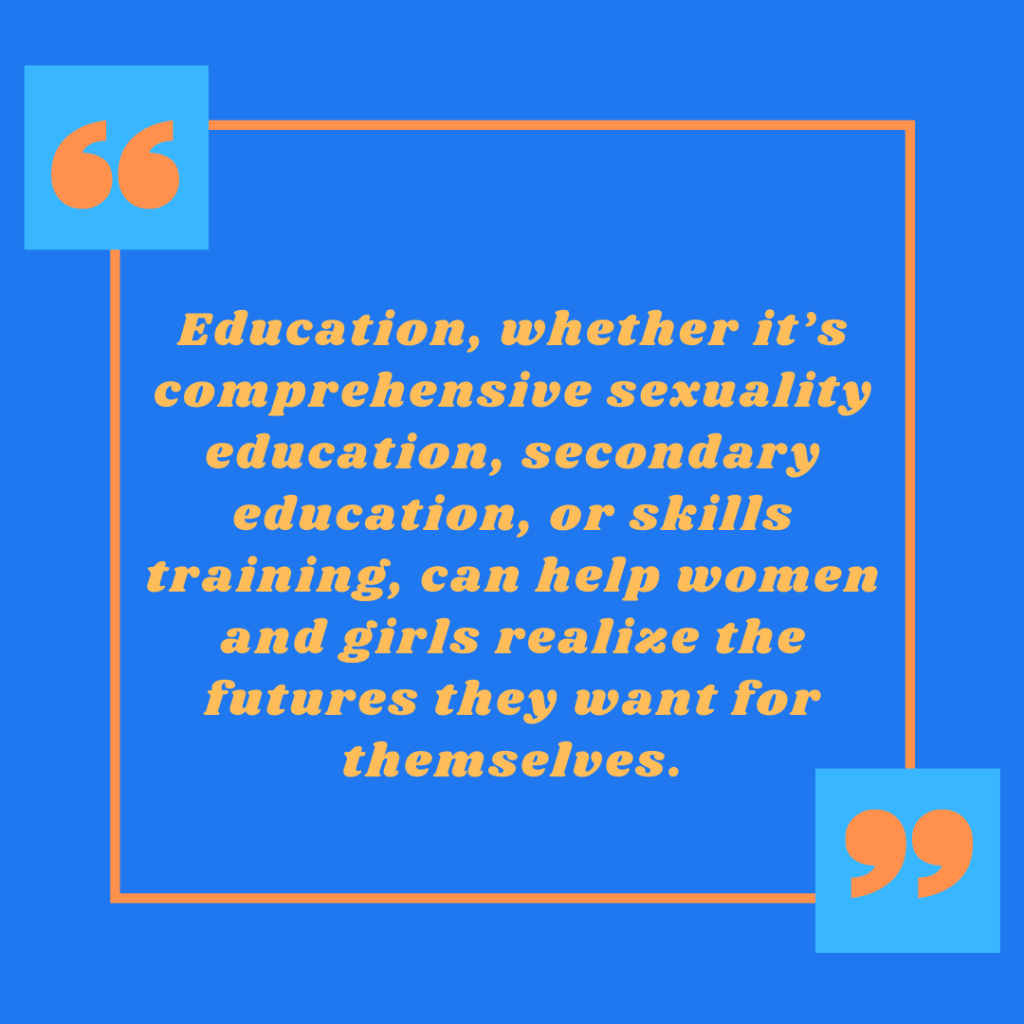
Already, the show has had a huge impact. Girls have become more open about their sexual and reproductive health needs. 12-year-old Dayana said, “I’m no longer afraid or ashamed to talk about sexuality and the changes I will experience.” By finding alternate ways to reach women and girls, UNFPA works to ensure that every person has the sexual and reproductive health resources that are their right.
Education, whether it’s comprehensive sexuality education, secondary education, or skills training, can help women and girls realize the futures they want for themselves. Whether it is to avoid unintended pregnancy, to open a small business, to become a doctor, or to be in a healthy relationship, education makes those dreams attainable. UNFPA works to provide women and girls everywhere with the care they need to be in control of their health.
-Dana Kirkegaard